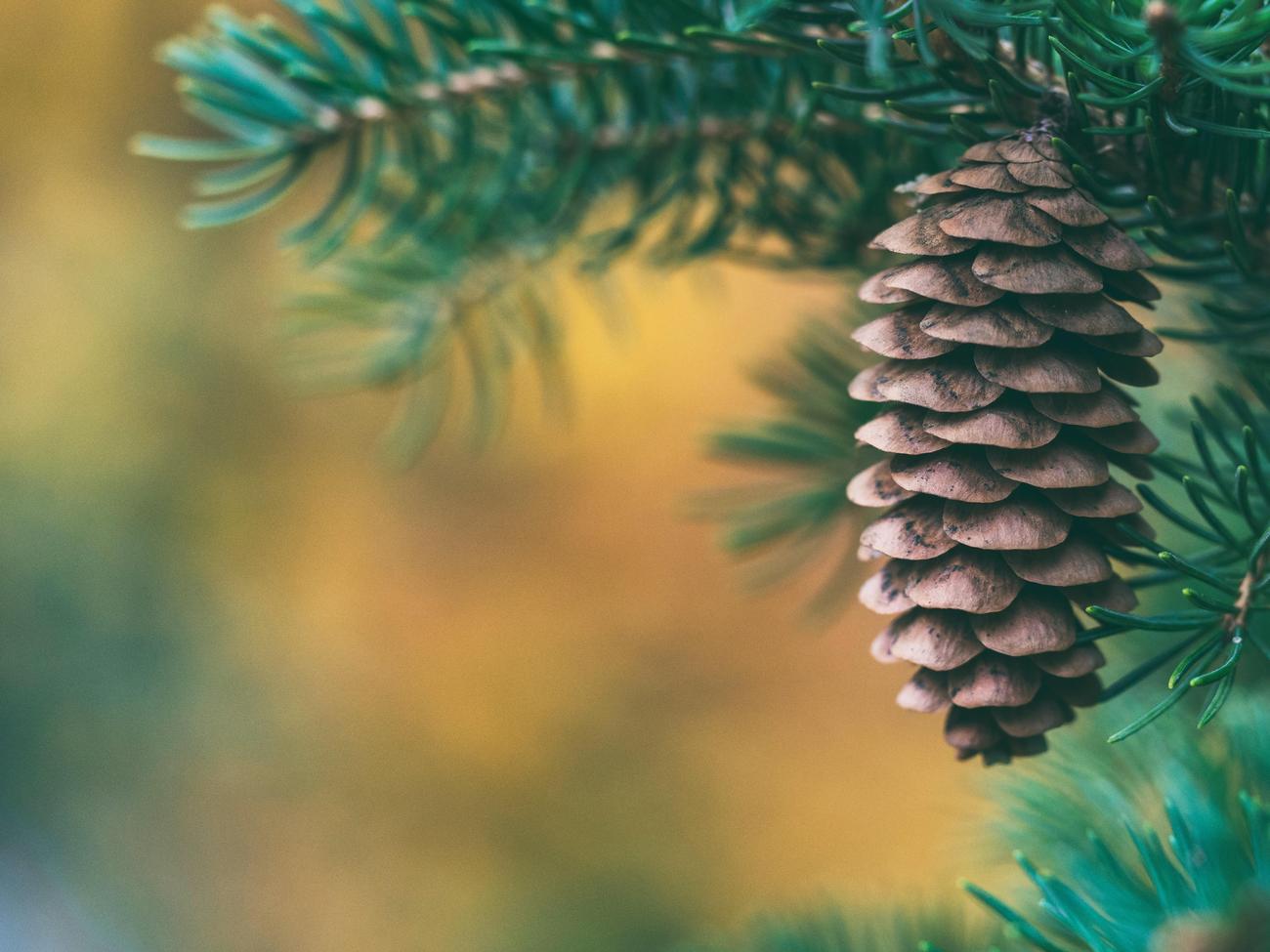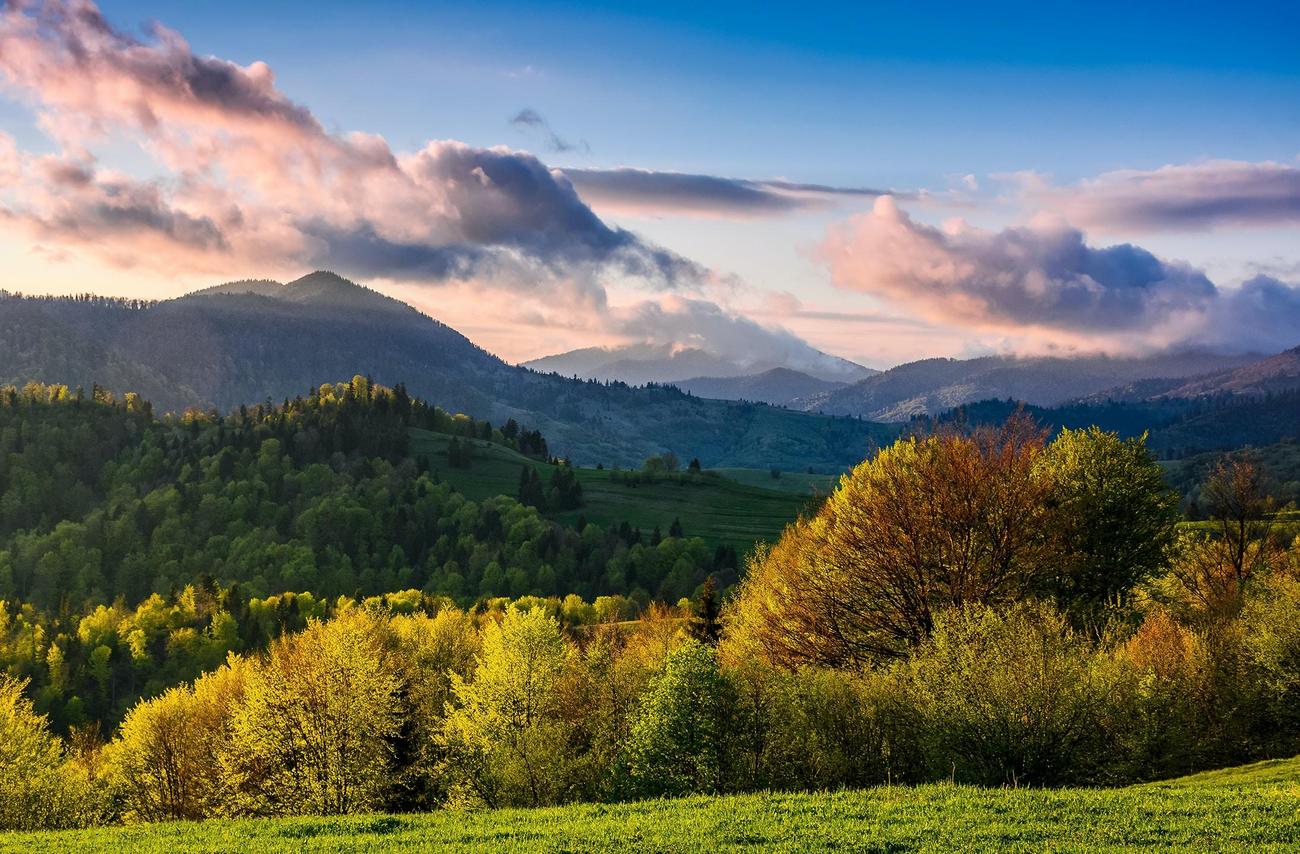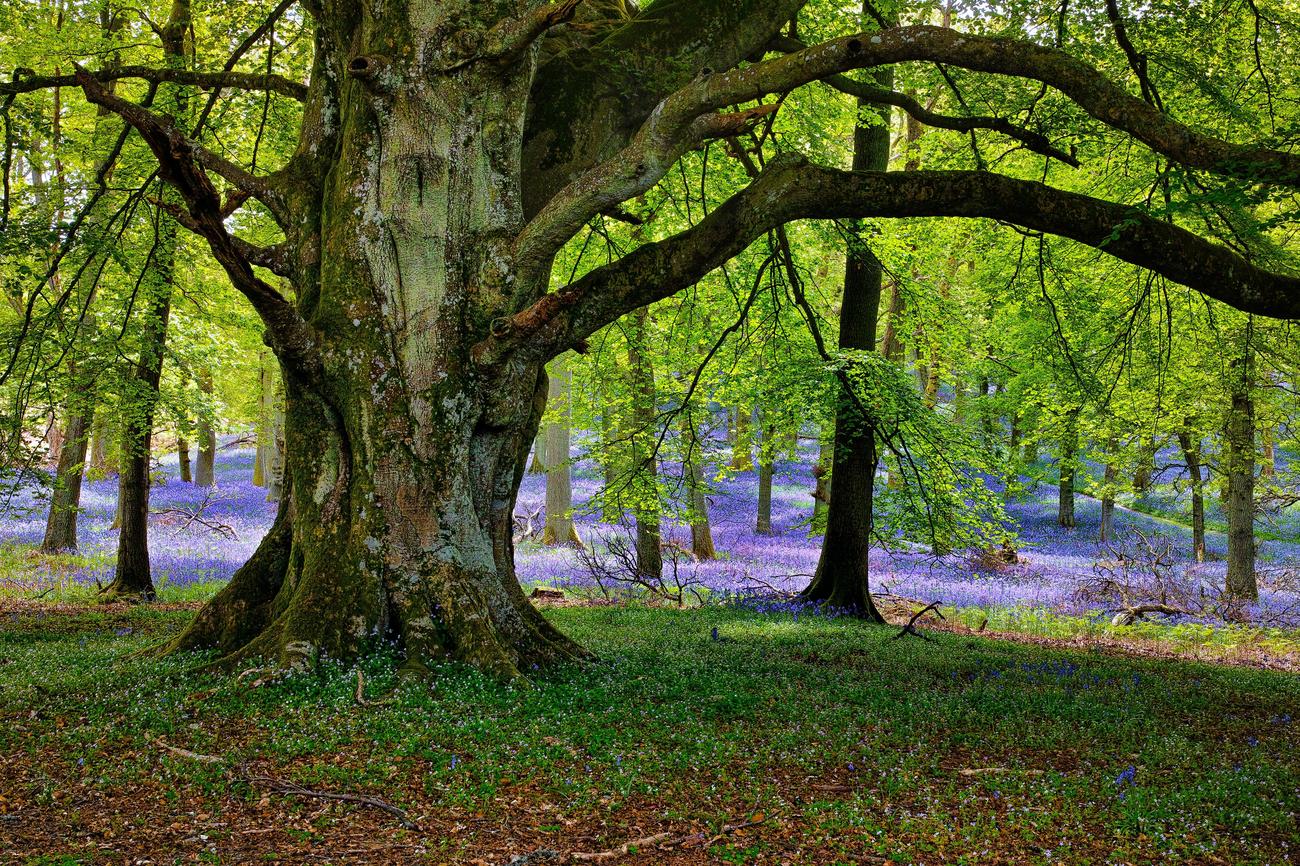Welcome to “The Origins of Pecans: Exploring the Native North American Journey,” where we embark on a fascinating exploration of where pecans come from. As a seasoned agricultural journalist, I am thrilled to guide you through the rich heritage and historical significance of this beloved nut. Join me as we trace its roots back to its native North America, uncover the secrets of its cultivation, and witness its global rise to popularity. Through meticulous research, insightful interviews, and in-depth analysis, this article promises to reveal the captivating story behind the pecan’s journey from humble beginnings to becoming an iconic ingredient enjoyed worldwide.

Where Do Pecans Come From?
When it comes to the origins of pecans, we need to look no further than North America. That’s right, pecans are the only native tree nut in this region, and their story begins long before Europeans set foot on American soil.
Native Americans and Pecans:
Native Americans played a significant role in discovering pecans and recognizing their worth as a food source. For many tribes, pecans became an essential part of their diets, providing sustenance and nourishment in abundance. They even incorporated pecans into their traditional ceremonies, showcasing the deep cultural significance of these nuts. So, it’s fair to say that pecans have a long-standing history on this land.
European Introduction and Commercialization:
Fast forward to the 16th century, when Spanish explorers first mentioned pecans in their records. They were fascinated by the easier cracking and delicious flavor of these nuts compared to the other varieties they encountered. This discovery soon sparked the interest of early European settlers, who began cultivating pecan trees in their new colonies.
Pecans Take Over the World:
From humble beginnings, pecans have grown to become a global phenomenon. The United States, with its ideal climate and vast agricultural resources, has become the leader in pecan production, supplying more than 80 percent of the world’s pecans. This nut is commercially grown in 15 states across the country, including the pecan powerhouses of Alabama, Arkansas, California, Texas, and Louisiana.
Nutritional Powerhouses:
The journey of pecans doesn’t stop at their origins. These nuts offer a powerhouse of nutrition and health benefits. Pecans are cholesterol-free, sodium-free, and low in carbohydrates, making them an excellent addition to a healthy diet. Whether enjoyed fresh, roasted, or used in cooking, pecans bring a rich, buttery flavor to any dish, particularly in sweet desserts like the ever-popular pecan pie.
Wrap Up:
So, there you have it! The story of where pecans come from is deeply intertwined with the land they originate from: North America. From their roots in Native American culture to their commercial success on a global scale, pecans continue to delight taste buds and provide a nutritious snack for people across the world. Next time you enjoy the wholesome taste of a pecan, remember their rich history and the journey they’ve taken to reach your plate.
“The story of pecans traces back to the Native Americans who revered them as a valuable food source, and from there, they captivated the taste buds of Europeans and the palates of people worldwide.”
Pecans are not only delicious but also have some fascinating facts that you may not know about! Did you know that pecans are the only major tree nut that is native to North America? They have been cultivated for centuries and have played a significant role in American cuisine and traditions. If you are curious to discover more intriguing fun facts about pecans, click here to explore a comprehensive list: fun facts about pecans. Prepare to be amazed by the unique history, nutritional benefits, and surprising uses of this delectable nut. So, why wait? Click on the link and let the pecan adventures begin!
How Pecans Grow: The Native Nut of America
[youtube v=”k61hXCNyq-E”]
Native to America: Pecans, a Key Part of American History
Pecans are the only native tree nut in North America, making them a unique part of American history. Native Americans recognized the worth of pecans as a food source and incorporated them into their diets and ceremonies. Even Spanish explorers in the 16th century were impressed by the flavor and ease of cracking of pecans.
From Cultivation to Commercialization: Development of the Pecan Industry
Early European settlers began cultivating pecan trees in their colonies, and today, the United States leads the world in pecan production, supplying over 80% of the global market. Pecans are grown in 15 states across the country, including Alabama, Arkansas, California, Texas, and Louisiana.
Nutritious and Versatile: The Pecan’s Health Benefits and Culinary Uses
Pecans are not only delicious, but they also offer numerous health benefits. They are cholesterol-free, sodium-free, and low in carbohydrates. In addition to their nutritional value, pecans bring a rich, buttery flavor to dishes, especially sweet desserts. They have become a global phenomenon, with pecan butter, pecan flour, and pecan milk gaining popularity.
A Return to Prominence: Pecans Making a Comeback
Despite their rich history and global appeal, pecans have faced challenges in the American market. Outside of Thanksgiving and Christmas, there has not been a significant demand for pecans in America. However, the rise of the Chinese market has sparked a rebirth of the pecan industry. As China discovered and fell in love with hickory nuts, which are not in the same family as pecans, American farmers seized the opportunity to promote pecans as China’s next big thing.
The Future of Pecans: A Promising Path Ahead
With the international fame and growing demand for pecans, the United States government is now backing a huge domestic marketing push to increase awareness and consumption of pecans. Farmers like Randy Hudson, who has been in the pecan industry for over a hundred and fifty years, hope that Americans will go nuts for pecans just as they have for almonds.
In conclusion, pecans hold a special place in American history as the only native tree nut. They have gained recognition for their health benefits and culinary versatility. With expanding markets and a renewed focus on promoting pecans domestically, the future looks promising for this beloved nut. So next time you take a bite of pecan pie during the holidays, remember the rich heritage and potential of America’s native nut.
“Pecans have a rich history and have become a global phenomenon.”
“Pecans bring a rich, buttery flavor to dishes, especially sweet desserts.”
“Despite their rich history and global appeal, pecans have faced challenges in the American market.”
“With expanding markets and a renewed focus on promoting pecans domestically, the future looks promising for this beloved nut.”

FAQ
Q: Are pecans native to North America?
A: Yes, pecans are native to North America and are the only native tree nut in the region.
Q: Who discovered pecans?
A: Native Americans discovered pecans and they were an important food source for many tribes. They even used pecans in traditional ceremonies.
Q: When were pecans first mentioned by Europeans?
A: The first recorded mention of pecans by Europeans was in the 16th century by Spanish explorers.
Q: Where are pecans grown commercially?
A: Pecans are grown commercially in the United States for export to other parts of the world. The U.S. supplies more than 80% of global pecan production.
Q: What are some popular uses for pecans?
A: Pecans can be eaten fresh, roasted, or used in cooking, particularly in sweet desserts such as pecan pie. They have a rich, buttery flavor.
- Unveiling the Enigma: Mansoureh Khojasteh Bagherzadeh’s Public Appearances & Private Life in Iran - July 18, 2025
- Unveiling the Mystery: Mansoureh Khojasteh Bagherzadeh’s Husband: A Rare Glimpse into a Private Life - July 18, 2025
- Unveiling Masoud Khamenei’s Mother: Power, Influence, and Iran’s Future - July 18, 2025
















